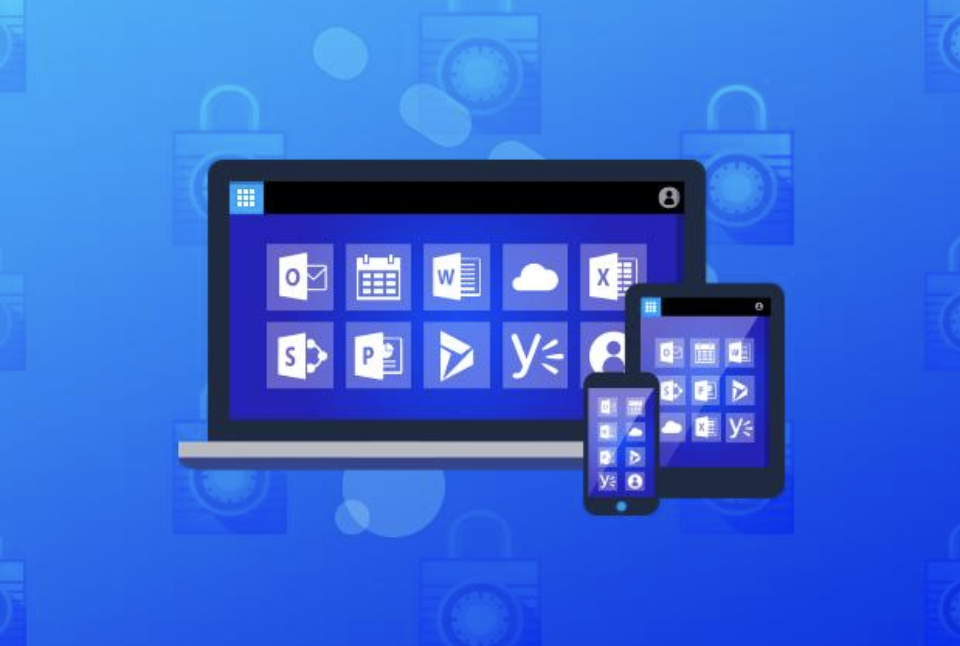Neil Atkinson discusses the merits of allowing employees to use their own technology in the workplace.
‘Bring your own device’, or BYOD, is a newish idea in business circles that is, not surprisingly, attracting a lot of attention. BYOD essentially means allowing employees to bring their own laptops, mobile phones and tablets into the office, connect them to the company network and work on them. It encompasses bring your own technology (BYOT), bring your own phone (BYOP) and bring your own PC (BYOPC) initiatives. The concept can also include software and apps, if employees use cloud services and other tools on the web. It is rapidly a business trend that’s becoming rather more the rule than the exception.
Increasing numbers of companies are allowing, or encouraging, employees to bring in their own devices. This year, according to a report by consulting firm Frost & Sullivan, around 70 per cent of organisations in the US will tolerate or even embrace BYOD activity. By 2018, that figure is projected to exceed 78 per cent; and where the US leads, the UK frequently follows.
There seems – at least at first glance – to be myriad advantages to the concept of BYOD. The most obvious one being that employees are supplying the tech equipment, rather than it becoming a business expense. If there is the potential for the day-to-day functioning of the business to improve by members of staff using iPads, wouldn’t it be fantastic if the financial cost of these devices to the business were to be removed by letting them bring their own devices to work?
Also, there is the argument that employees may be more productive because they are working on their own devices. As well as increased levels of staff motivation, which comes from staff being able to take their tablets and phones home with them, they may end up doing more work in their own time as well. This can only be an added bonus to the business in terms of increased productivity.
These mobile devices are also often newer and more advanced than the equipment deployed by many IT departments. As people are increasingly using devices such as iPads and smart phones, is it any wonder that these advances are changing the way people want to work as well as play?
There are of course downsides, and BYOD poses some potential threats as well as opportunities to businesses. Where a business supplies its employees with company phones and tablets, it can do advantageous bulk deals with phone companies. Under BYOD, an employee will have signed a more expensive contract with a phone company and may be able to claim the cost back from the employer. Add to that the cost of processing those expense claims and the total bill will soon add up to become an additional cost burden on the employer that might well have not been taken into account at the outset. There is the added concern that without password protection, data could be accessed by a third party, particularly where sensitive information is taken off the premises.
There are, however, some key advantages to implementing a BYOD strategy ranging from increased employee satisfaction, as staff may well be able to work more flexibly to cost savings from reduced hardware spend, software licencing and device maintenance. Benefits to business can also come in the form of increased productivity gains – employees are happier, more comfortable and often work faster if they use their own devices.
Where a business encourages BOYD, they must ensure that a strict policy is in place to deal with their responsibilities under the Data Protection Act 1998, which requires companies to process any personal data in accordance with the eight data protection principles. The policy should also deal with which employees are entitled to BOYD, and also employee’s obligations.
The consumerisation of technology now means that people are used to carrying their own devices with them and business gains can flow from adopting BYOD in the workplace. From motivational and productivity benefits to a decreased overall financial burden, the gains can be significant. While the case for BYOD is quite compelling, it is vital that businesses need to consider its full implications before adoption. A future decision to revoke BYOD could prove to be harmful to staff morale and job satisfaction.




